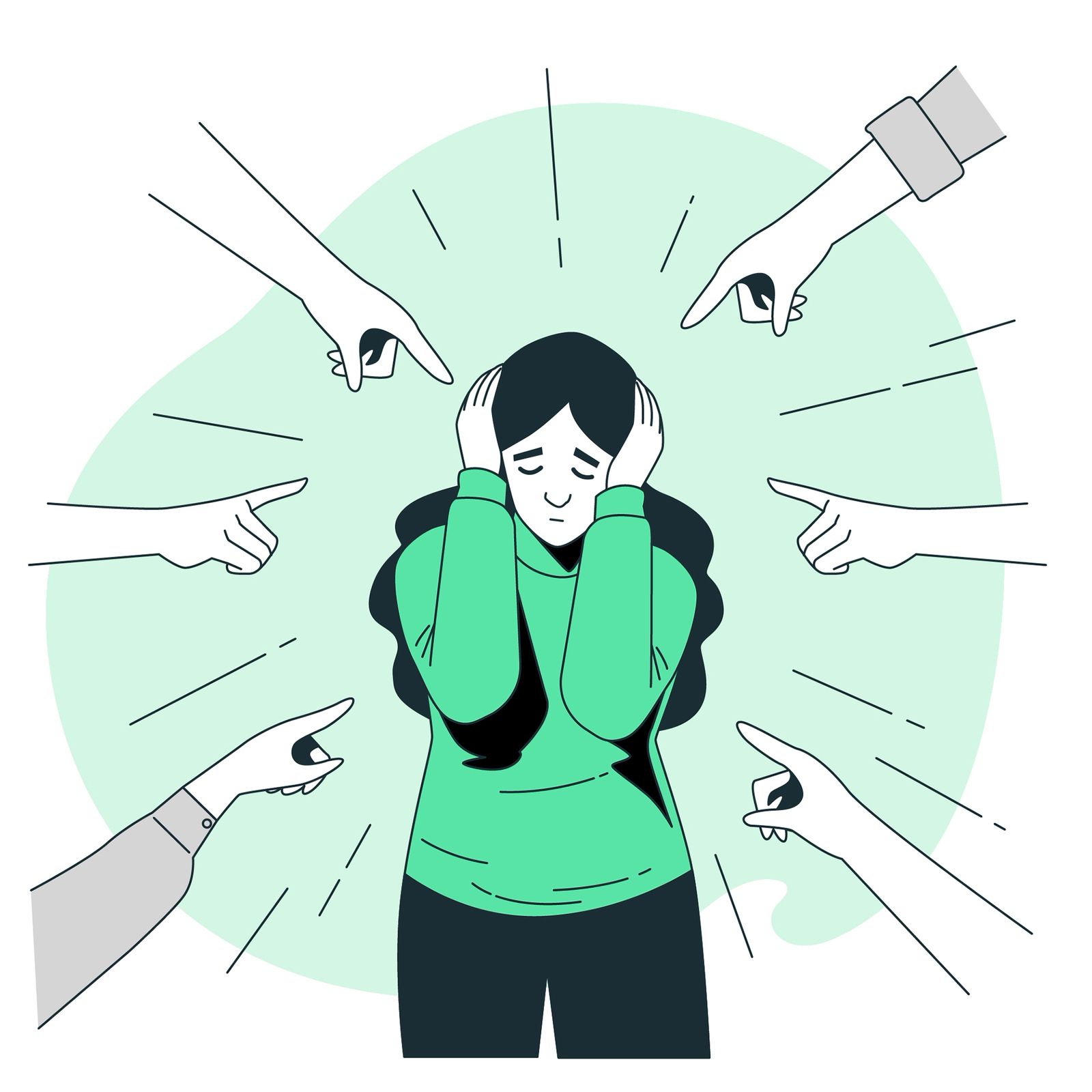Not All Silence Is Fear: Introversion vs. Social Anxiety
Let me begin with this: I’m an introvert. I’ve always been that way. I like silence and feel calmer in my own company than in a noisy room full of voices.
But here’s the catch: not everyone close to me understands this. Not even my parents, extended family members, teachers, or even some of my friends. They’ve often said things like:
• “You shouldn’t be like that. You should talk more.”
• “Why don’t you socialize like everyone else?”
• “Don’t be shy, or you’ll be left out.”
And the truth? It made me wonder if something was wrong with me.
Some of my own relatives even suggested that I should see a psychologist—or worse, that I might be possessed and should be taken to a usthad (a spiritual healer).
For a long time, I questioned myself. Maybe I was too quiet, too reserved, or too detached.
But eventually, I learned something important: introversion and social anxiety are two completely different things. Confusing the two only makes life harder for people like me.

I actually enjoy my own company—whether I’m reading, doodling, daydreaming, or just sitting in silence. I feel most like myself when I’m alone.
But growing up, I was often pushed into situations that drained me—family functions, stage performances, and other events—where I was expected to “open up” and be “engaged” like everyone else.
Being forced into those spaces didn’t build my confidence. It just made me anxious and uncomfortable.
I wish more people understood that I don’t avoid others because I’m afraid of them. I just choose carefully where I spend my energy.
⸻
So, What Is Introversion?
Introversion is a personality trait, one of the Big Five Factors. It’s not a disorder, not a flaw, and not something you’ll “grow out of.”
Introverts:
• Prefer small groups or one-on-one interactions
• Need time alone to recharge
• Tend to listen more than they speak
• Are reflective and deep thinkers
We’re not necessarily shy or fearful. We simply feel at peace in calm, not chaos.
⸻
And What About Social Anxiety?
That’s a different story.
Social anxiety is a mental health condition. It’s when social situations trigger intense fear, panic, or self-consciousness—not because you dislike being around people, but because you fear being judged or embarrassed.
It’s the fluttering heart before entering a room.
The overthinking after every interaction.
The constant worry about what others might think of you.
Someone with social anxiety often wants to connect—but their fear holds them back.
⸻
Why This Matters
When people misunderstand introversion, they push us into environments that don’t suit us.
When people misunderstand social anxiety, they miss the chance to offer real support and empathy.
⸻
As an introvert, I’ve often felt misunderstood. People think I’m shy or unfriendly. But there’s a big difference between introversion and social anxiety.
Both are real, valid experiences. And both deserve more space, more understanding, and more open conversations.
⸻
To Anyone Who Feels Like Me
You’re not rude. You’re not broken. You’re not “less than” just because you value solitude.
If you’re an introvert, honor that part of you.
If you’re socially anxious, remember you’re not alone—and it’s okay to ask for help.
If you’re both, be gentle with yourself.
Let’s stop labeling quiet people as “shy.”
Let’s stop mistaking peace for fear, or calmness for weakness.
Everyone’s social battery functions differently. That’s not something to fix. It’s something to understand.

